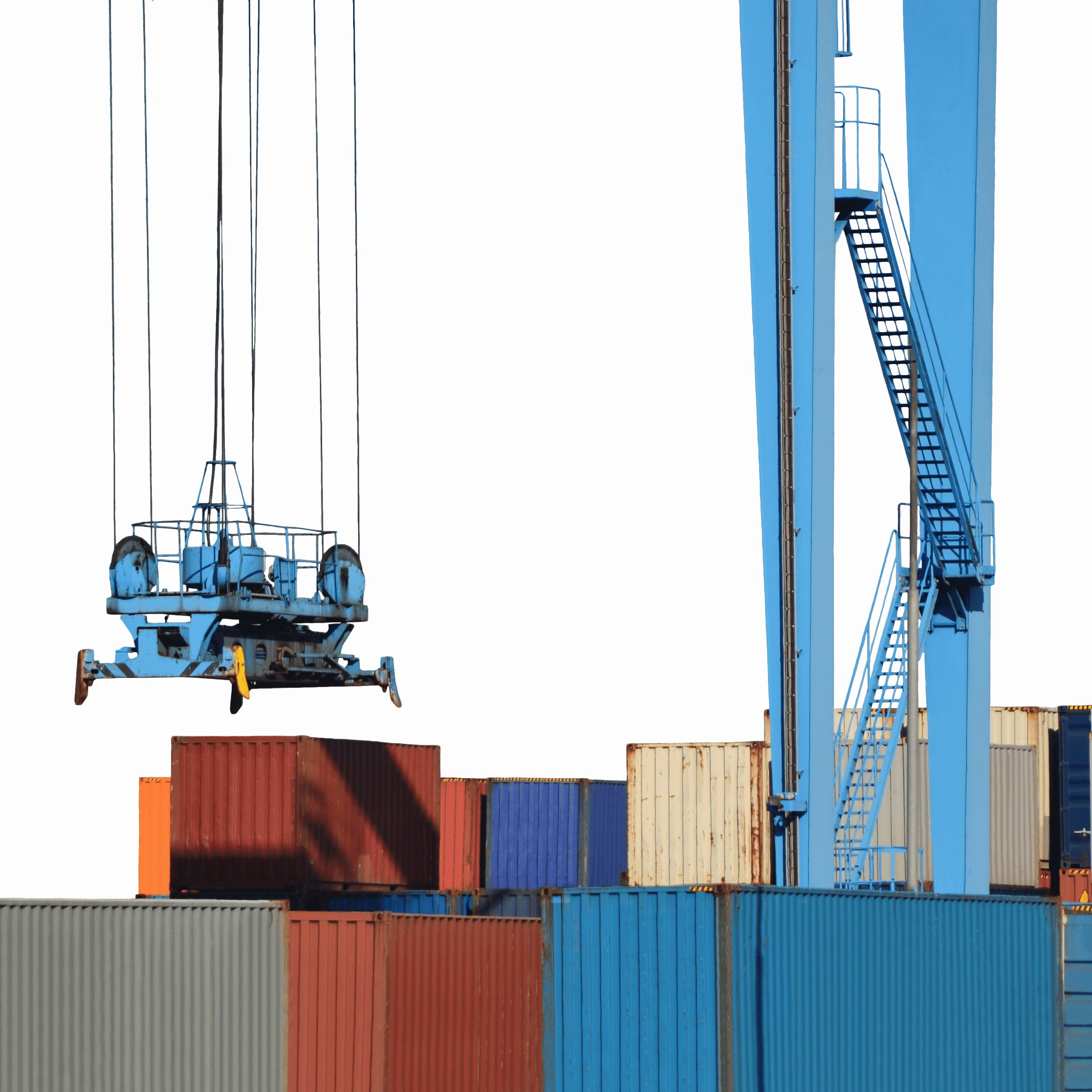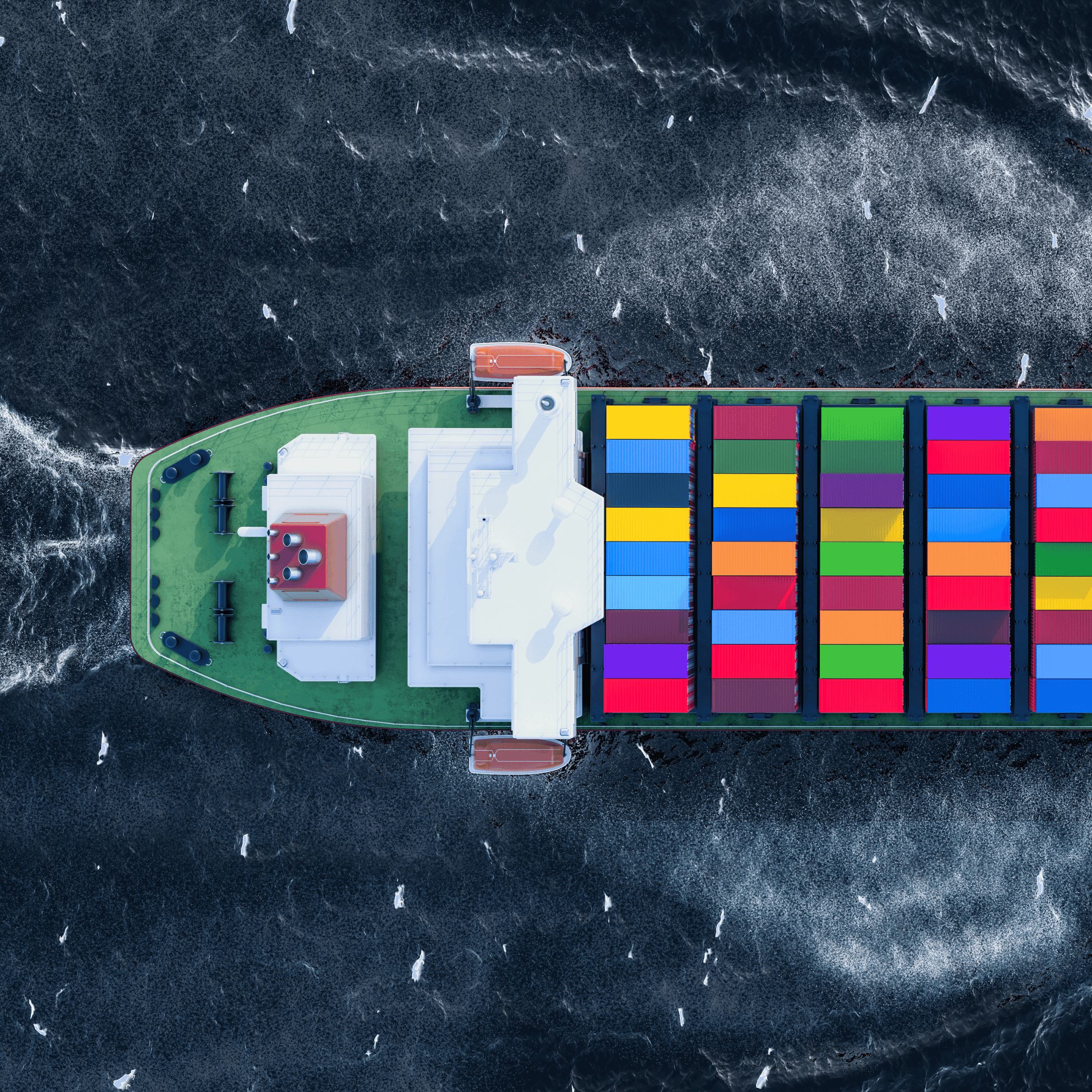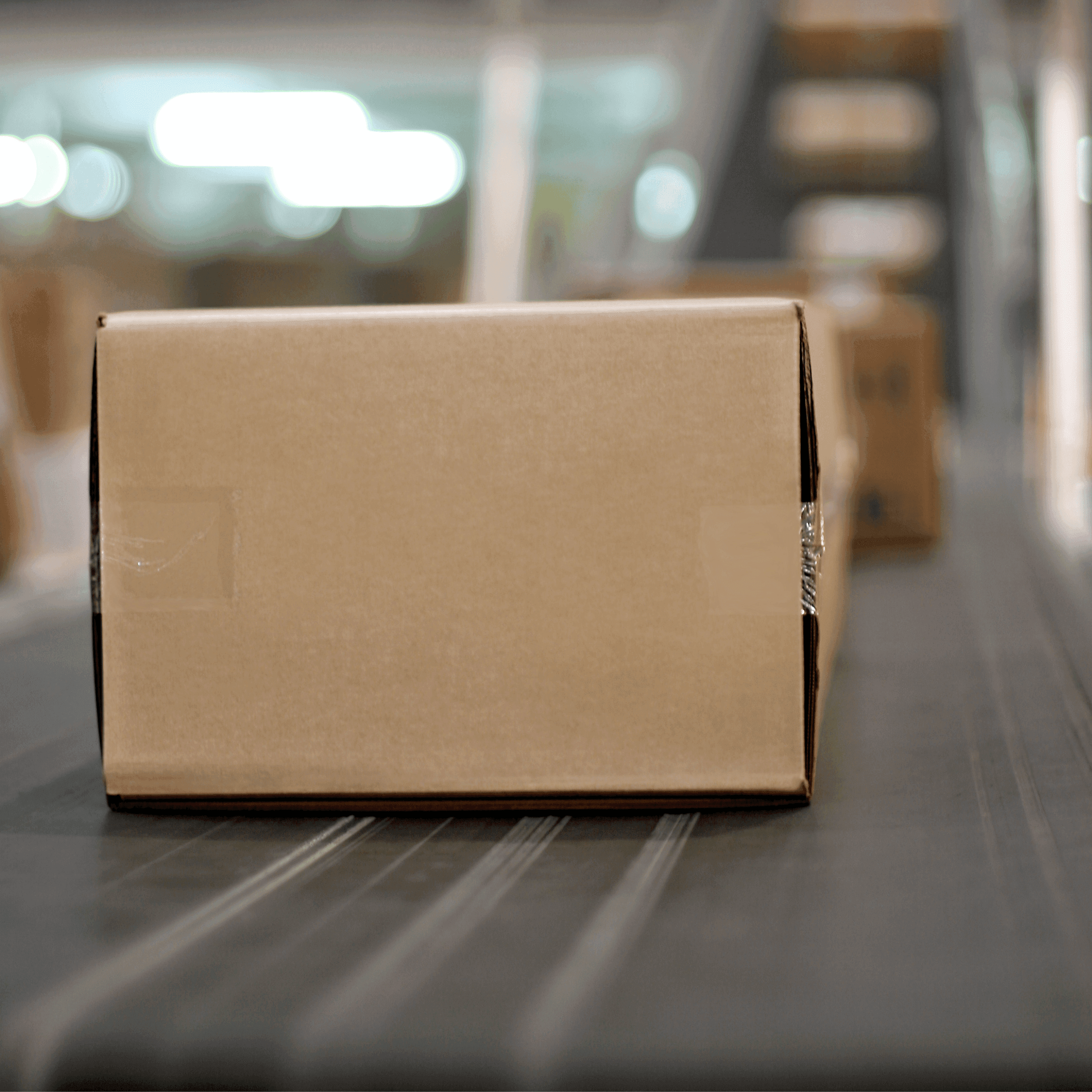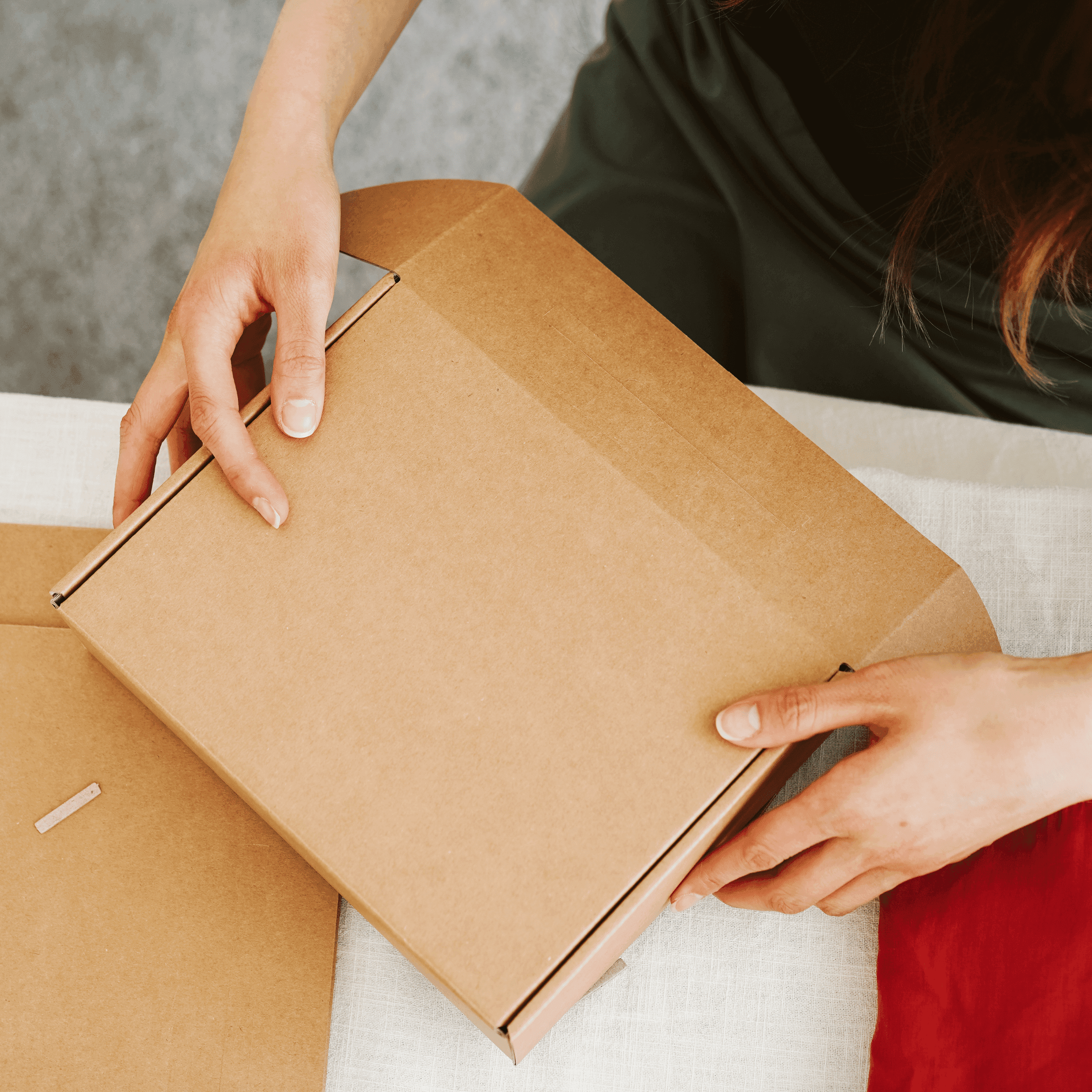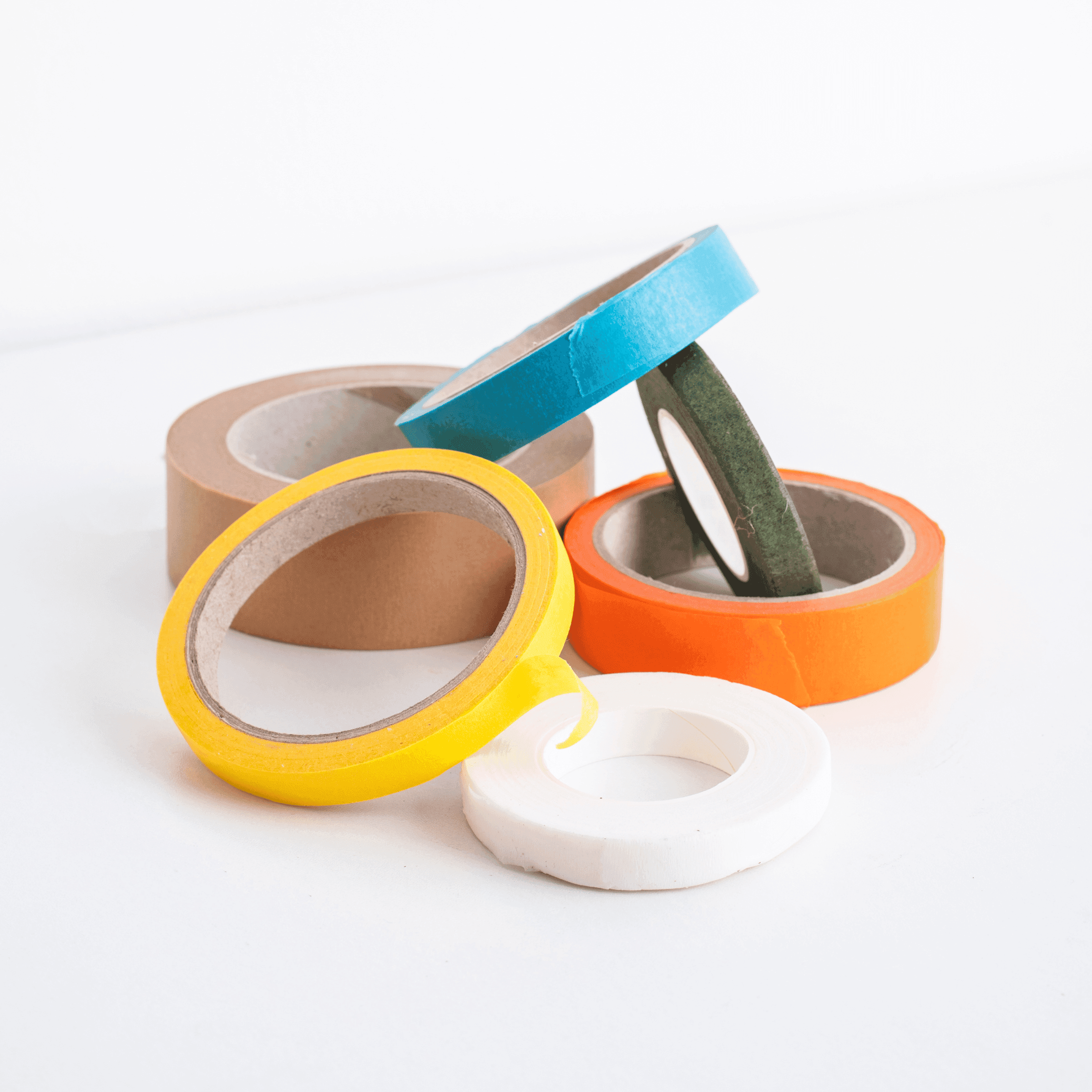For international brands, entering the U.S. market can feel like a high-stakes gamble. Duties, compliance requirements, and unpredictable demand make it difficult to know whether a product will resonate with American consumers. That’s why many importers are turning to U.S. bonded third-party logistics (3PL) providers as a strategic bridge—allowing them to test market demand safely, store goods under customs supervision, and defer duties until real sales occur.
A bonded 3PL acts as both a logistics partner and a customs-compliant buffer, giving foreign companies a controlled environment to explore sales channels like Amazon, Shopify, and wholesale distribution—without the immediate cost of duties or taxes on unsold goods.
Understanding the Role of a Bonded 3PL
A customs-bonded warehouse is a secure facility authorized by U.S. Customs and Border Protection (CBP) where imported goods can be stored, inspected, relabeled, and lightly processed without paying duties upfront. These goods only become taxable once they enter U.S. commerce.
By partnering with a bonded 3PL, importers can keep their inventory within the U.S. for months or even years, using it to test different sales channels or prepare for retail compliance—all while maintaining the flexibility to re-export unsold goods duty-free.
In short: a bonded 3PL gives brands time, flexibility, and financial control when exploring one of the world’s most competitive markets.
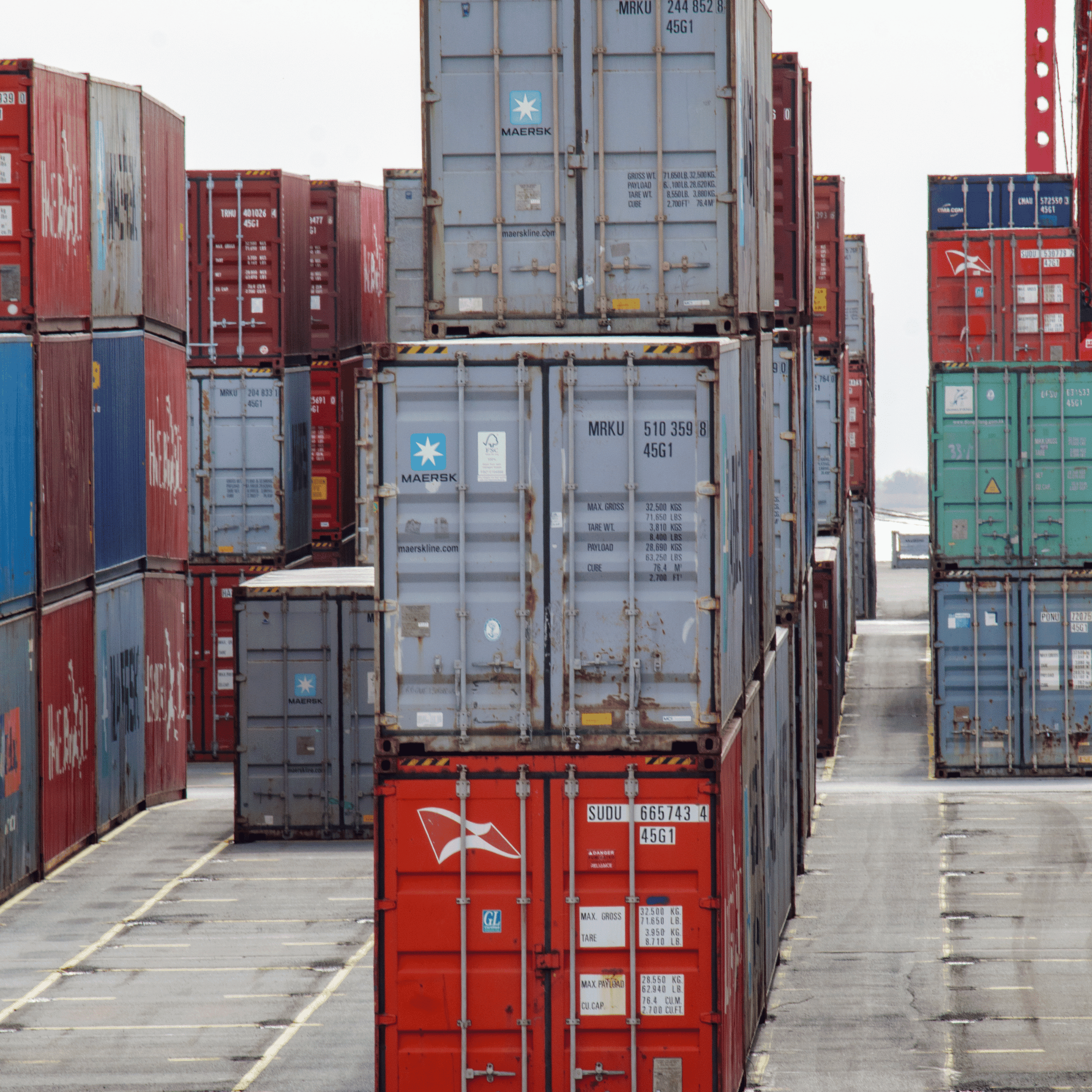
Why Bonded 3PLs Are Ideal for Market Testing
1. Deferred Duties Protect Cash Flow
Launching a new product in the U.S. can tie up capital quickly. A bonded 3PL allows importers to delay duty payments until products are sold, freeing up liquidity for marketing, influencer campaigns, or product localization efforts.
2. Flexible Inventory Control
Bonded storage enables companies to import larger assortments—multiple SKUs, colors, or sizes—then release small batches into the market as data comes in. This reduces the financial risk of committing to one variant too early.
3. Quick Turnaround for Orders
Because goods are already positioned in the U.S., bonded warehouses make it possible to fulfill test orders rapidly once import clearance is triggered. This shortens feedback loops and improves customer experience compared to overseas fulfillment.
4. Safe Re-Export Option
If a test doesn’t go as planned, inventory can be re-exported directly from the bonded facility to another country or region without paying any duties, minimizing losses.
5. Compliance Made Simple
Bonded 3PLs are built around strict customs tracking and documentation, helping importers meet U.S. regulatory standards while handling EDI compliance, labeling, and traceability under one roof.
Real-World Examples of Bonded Market Testing
Foreign brands use bonded 3PLs across a range of industries to measure U.S. demand without taking on excessive risk:
- Beauty & Skincare: Brands test multiple SKUs and adjust packaging to meet FDA and retail labeling rules before a nationwide rollout.
- Home & Lifestyle Goods: Importers create limited-edition bundles and measure response across ecommerce and wholesale channels.
- Electronics & Accessories: Companies store bulk inventory under bond and only release small volumes once listings gain traction on Amazon or TikTok Shop.
- Apparel & Footwear: Bonded 3PLs handle relabeling, polybagging, and ticketing for small wholesale pilots while avoiding upfront duty exposure.
- Food & Beverage (Shelf-Stable): Brands test distribution partnerships and B2B case orders before formal import entry, ensuring compliance with labeling regulations.
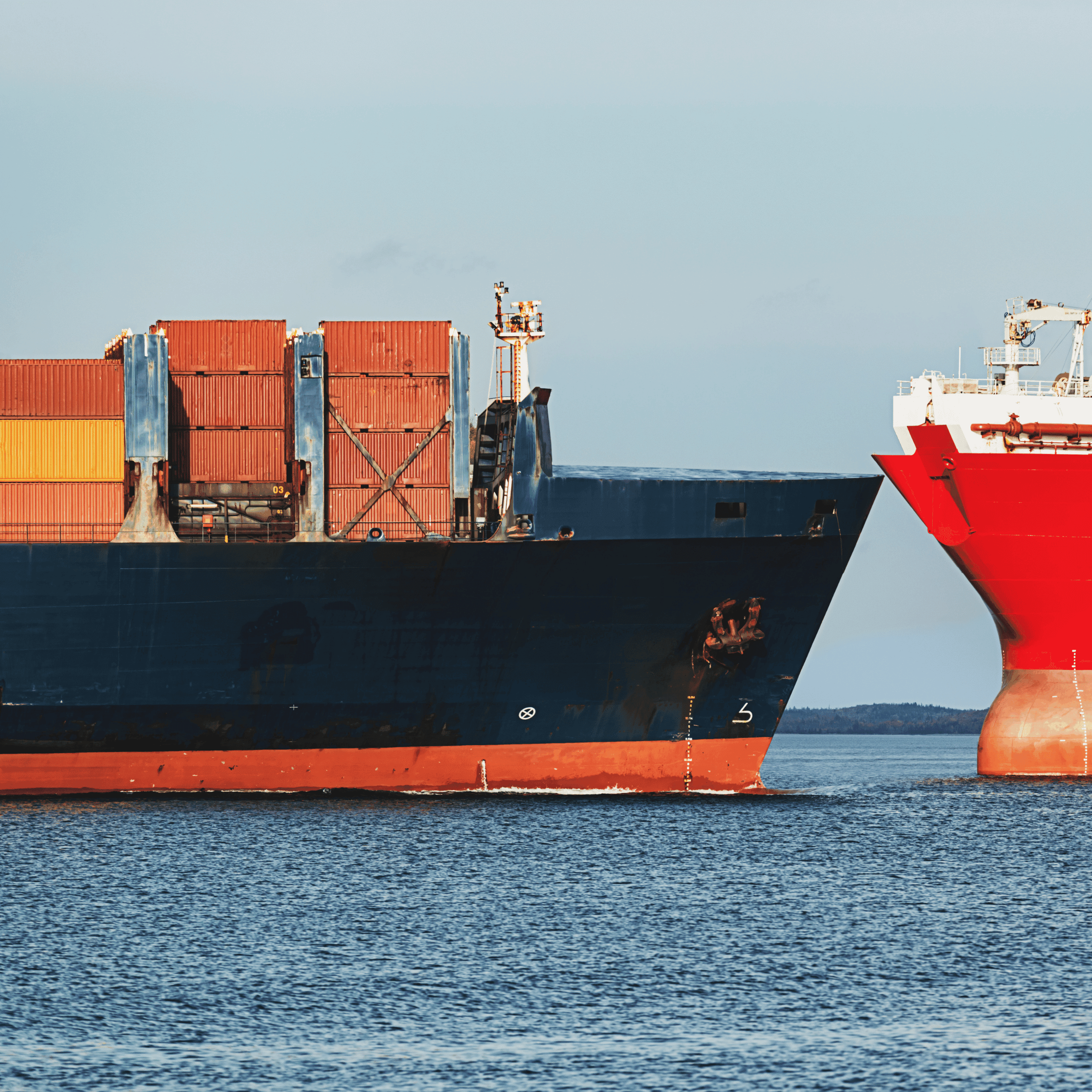
What You Can Do in a Bonded Facility
Inside a bonded 3PL warehouse, importers can perform a wide range of non-transformative operations that help prepare goods for U.S. sale or export. These include:
- Labeling, Ticketing, and Polybagging for retail readiness
- Kitting and Assembly for ecommerce or promotional bundles
- Quality Control and Inspection to ensure products meet U.S. expectations
- Retail Prep with GS1-compliant barcodes and shelf-ready packaging
- Lot Segregation and Tracking for traceability and regulatory compliance
Because these actions do not materially alter the product’s nature or origin, they are permitted within CBP regulations.
What’s Not Allowed Inside Bond
While bonded warehouses offer flexibility, there are still clear restrictions. Brands cannot sell directly from bond, meaning a duty-paid withdrawal and customs entry must occur before any U.S. sale. Additionally, manufacturing or assembly that changes a product’s character is prohibited.
In short, bonded 3PLs are for storage, light value-added services, and compliance—not production.
The Step-by-Step Process for Testing U.S. Demand Through a Bonded 3PL
Step 1: Plan Your Pilot Strategically
Define clear KPIs—such as conversion rates, reorder frequency, or average order value—and identify your target channels (Amazon, Shopify, Faire, or retail distributors).
Step 2: Import Under Bond
Your 3PL will receive the goods under CBP supervision, log them into a warehouse management system, and store them in segregated bonded locations.
Step 3: Prepare for Market Testing
Your 3PL can relabel, kit, and prepare your inventory for shipment to different test markets while ensuring all activity remains compliant.
Step 4: Release and Fulfill Test Orders
As orders come in, your 3PL will file the necessary customs entries to release products into U.S. commerce, handle labeling and shipping, and provide full traceability.
Step 5: Analyze Results and Re-Export or Scale
If your products gain traction, you can expand into full import operations. If not, you can re-export remaining goods without duty loss.

The Strategic Advantage for Foreign Brands
Working with a U.S. bonded 3PL isn’t just about customs—it’s about strategy. It gives international brands the ability to operate like they’re in-market while maintaining financial flexibility and minimizing exposure. By deferring duties, testing multiple SKUs, and pivoting quickly based on data, importers gain the agility to make informed decisions before fully committing to the U.S. market.
At Snapl, our bonded and non-bonded facilities in South Hadley, MA and Gloucester City, NJ support foreign importers and domestic brands alike with secure storage, labeling, packaging, and EDI-compliant fulfillment. Whether you’re testing new products or scaling a full U.S. rollout, we help you move with speed, compliance, and confidence.
Store, manage, and ship with confidence.
Learn more about Snapl’s bonded warehousing and fulfillment services to see how we can help you test market demand without risk.

Test, learn, and grow with Snapl’s bonded warehousing solutions.
Contact Us
